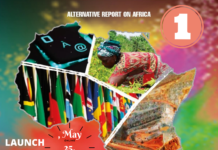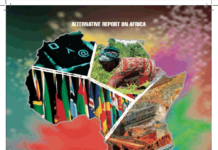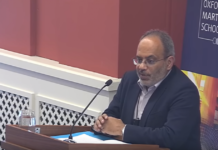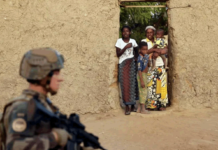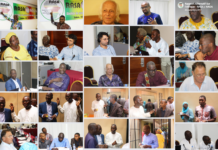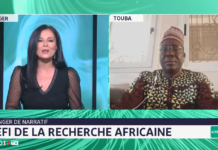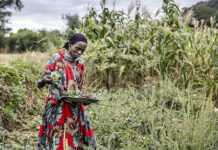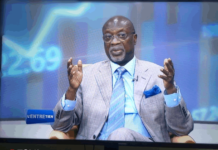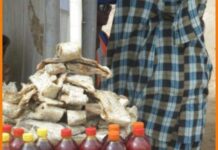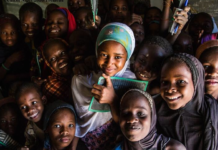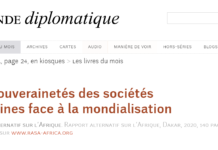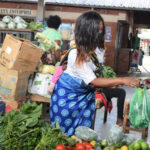| While the number of people infected and dying from Covid-19 in Senegal continues to rise: 3,134 people, 1,515 of whom were cured, 35 died, 1 was evacuated and 1,579 patients are undergoing treatment, Cheikh Guèye, who is in charge of prospective studies at Enda Tiers-monde, and who is also the Secretary General of the Cadre unitaire de l’Islam au Sénégal, advocates a change of strategy in the management of this pandemic. Indeed, according to him, « our health system has developed and has made it possible to curb the lethality and severity of the disease in infected cases. Guest of the day on the program Objection on Sudfm radio (private) last Sunday, May 24, Cheikh Guèye justified his idea by the current configuration of the disease in our country. Thus, relying on the relatively low number of people admitted to intensive care units (15) and those who died (35) in our country since the emergence of this pandemic, he said that « our health system has developed and has helped control the lethality and severity of the disease in infected cases. « We must now increasingly target the cases, not as we count them every day but rather the sick since there are many asymptomatic cases and people who develop mild symptoms. So we need to put the emphasis and all the efforts in the management of diseases and people at risk, especially the elderly and people with co-morbidities, » he advocated. « If we manage to emphasize communication on these targets using religious resources, we can manage, even if the cases do not decrease, to stabilize the severity of the disease and this will allow us to live with the virus, » Cheikh Guèye insists. Previously looking at the curve of the progression of this pandemic in Senegal and the divergent opinions of actors on the issue, he also expressed his reservations about the reliability of official data on the spread of the disease in our country. Indeed, according to him, there is a blur mixed with uncertainty in the collection of health data but also social science available and the ability to cross them. « The peak had been envisioned at some point in May, which is not the case. Some consider that the peak will be in June while others speak of July and the most skeptical expect September, » he said. Source: Sud Quotidien |




